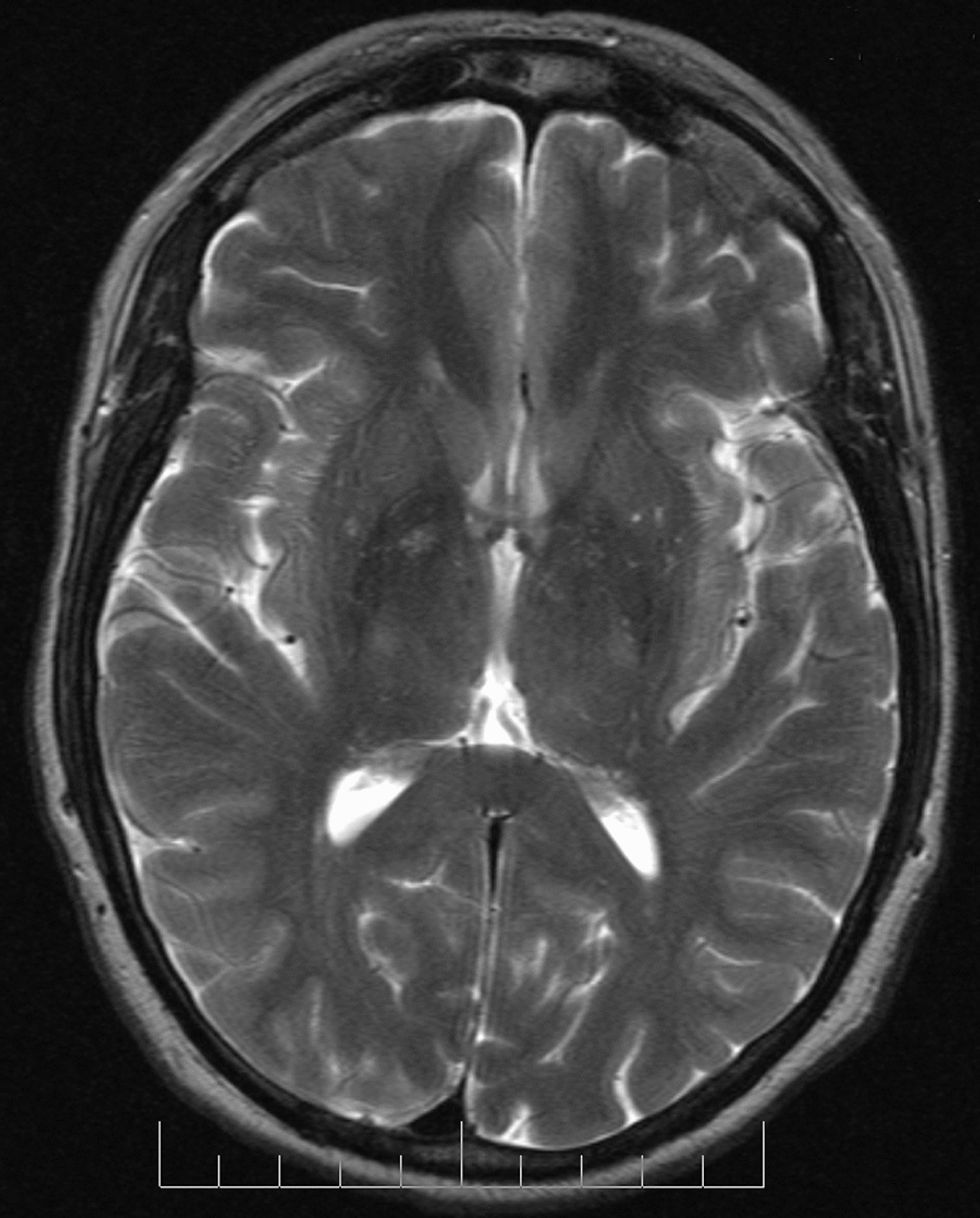Adolescence and young-adulthood are important and vulnerable stages of our lives—they are our most important formative years, but virtually all of us are not getting enough rest that is crucial to brain health and development. Researchers from the National Sleep Foundation have found that only a meager 15% of students sleep 8 hours a night, meaning sleep deprivation is a full-blown epidemic that is only getting worse.
Be mindful of the amount of sleep you are getting, especially once the semester begins to wind down and procrastination becomes more appealing. There are real and long-lasting effects of not prioritizing your rest.
Just one night of sleep deprivation can:
1. Allow Neurotoxins to Accumulate in the Brain

Neuroscientists have long studied the brain and its functions to tell you that our brains naturally accumulate toxins throughout the day due to stress. During sleep, our brain flushes out toxins collected throughout the day and heals to prepare for the next day. One specific toxin is a protein that is known to cause Alzheimer's when accumulated in excess in the brain. These accumulations are known as Amyloid Plaques and reside in the tiny channels of the brain in close proximity to your neurons. Although one night of sleep deprivation will not allow enough accumulation to cause imminent harm, repeated behavior of sleep deprivation over long periods of time can make it hard for your brain to completely flush out an Amyloid Plaque — the damage is irreversible, so be kind to your brain, it's the most sensitive organ you have.
2. Cause Hormones to Release Irregularly

A night of sleep deprivation leaves your body's release of hormones skewed. You will find yourself to be hungrier the morning after from an increase in hunger hormones that are imbalanced from a lack of rest. Over time, shorter sleep will correlate to a higher BMI and a possible risk to your cardiovascular health.
3. Leave You Up to Seven Times More Likely to Get Sick

A night of poor sleep can decrease your immune function by up to 7 times. Your white blood cell count severely diminishes to the point where a simple cold poses a threat to your health. During flu season, this is especially dangerous given the history of recent influenza viruses evolving to become more antibiotic resistant. Be sure to take daily vitamins and vitamin C supplements when you are anticipating a long night ahead of you.
4. Impair Metabolism and Rebuilding of Cells

A healthy metabolism is a well-rested one. Metabolism controls every aspect of cell function in your body, and a night of sleep deprivation can weaken your metabolism enough to impair cell repair. An especially important aspect of cell repair is our bones. Our bones are constantly in a cycle of repair to keep them from wearing and make sure our skeleton remains strong. A lack of rest means your body isn't able to properly repair bone cells. Over time, repeated sleep deprivation can reduce bone density and make them more susceptible to injury.
The good news is that your body was built to bounce back from the occasional night-up. Of course, there are direct effects of going one night without rest, but it is repeated behavior that causes prolonged future damage. Don't pride yourself for habitually staying up and still being able to function, it's not a badge of courage. Making sleep a priority can be difficult for students, but the longterm risks of not resting up far outweigh your reasons for staying up.



















